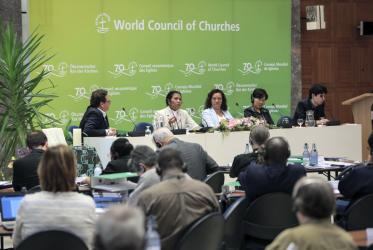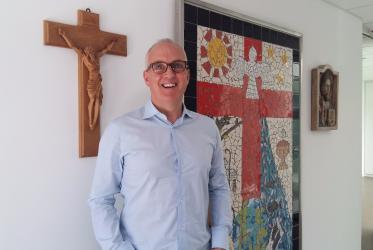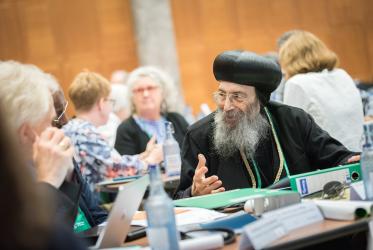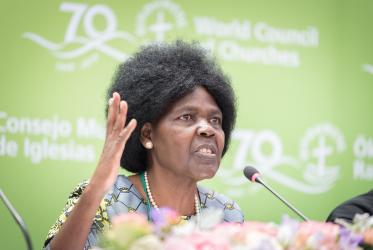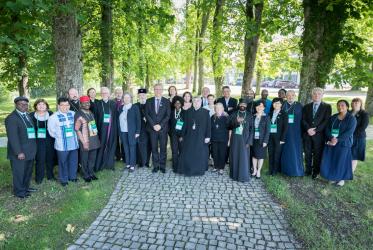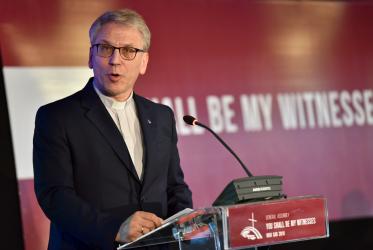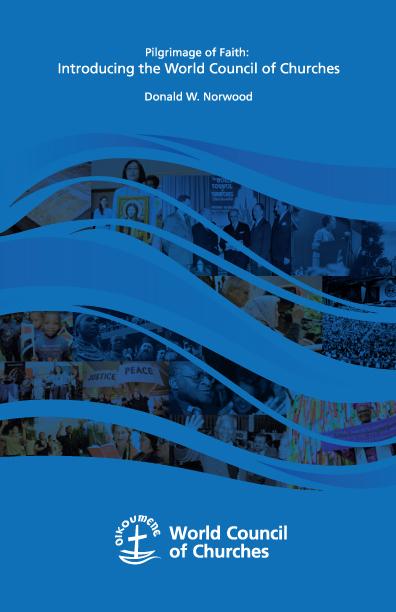Displaying 161 - 180 of 245
#WCC70: A story of life
07 June 2018
WCC promotes Global Day of Prayer to End Famine
06 June 2018
Pope Francis at the World Council of Churches
31 May 2018
WCC calls for Global Day of Prayer to End Famine
31 May 2018

